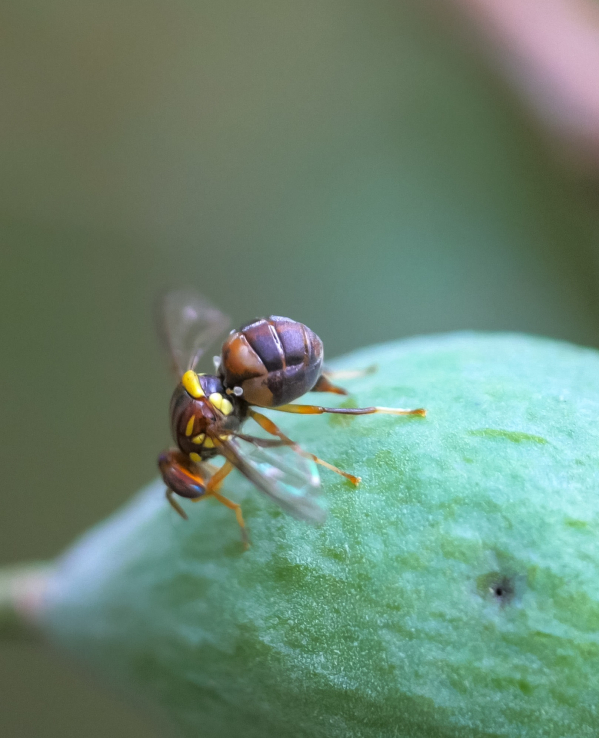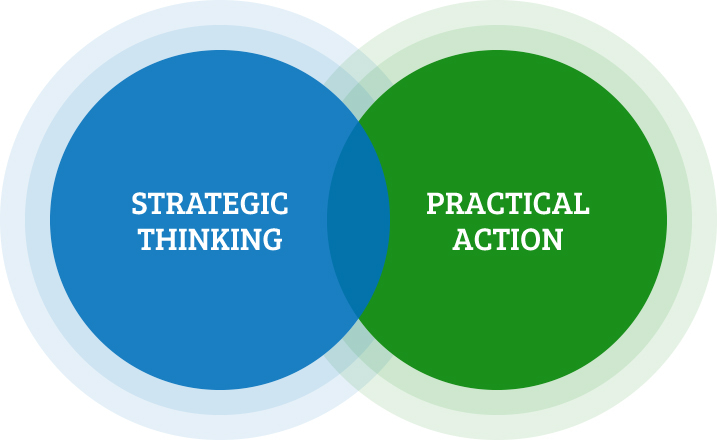News
Examining the economic cost of pests to New Zealand

Nimmo-Bell & Associates, a division of Prime Consulting International, is proud to be assisting with a review of New Zealand’s biosecurity legislation to, amongst other things, improve accuracy of estimates regarding the economic costs of pests to the island nation.
Biosecurity is about preventing pests and diseases from getting into New Zealand or helping stop their spread if they do get here.
The terms of reference for an overhaul of the Biosecurity Act 1993 were released in 2019 and the Government is now working with Māori, industry partners, environmental groups and others to look at what changes might be needed – both now and in the future.
According to the Ministry for Primary Industries (MPI), New Zealand’s biosecurity system is facing increasing pressures, such as:
♦ Growth and diversity in trade and tourism;
♦ Increases in the number of packages arriving in New Zealand through online purchasing;
♦ Climate change; and
♦ Pressure from established pests.
“The Act has served us well; however, it’s been 26 years since [it] became legislation and a lot has changed,” it says.
“We’re experiencing significant year on year increases in the volume of people and goods coming to New Zealand; we’ve seen a global technology revolution; our climate is changing – all of these things have increased our biosecurity risk.”
Nimmo-Bell is contributing to the biosecurity review by updating a 2009 report entitled, ‘Economic Costs of Pests to New Zealand’, which estimates defensive expenditure by Government agencies and the private sector, in response to invasive pests and weeds, as well as productivity losses to the private sector.
The primary objective is to compare the 2008 baseline with updated 2020 figures to track changes over the last 12 years.
A secondary objective is to improve accuracy and coverage of pest costs estimates, if possible, from additional sources of data and research or new approaches.
Nimmo-Bell was involved in establishing the baseline in 2008 and Director Michael Yap says it is gratifying to be asked to update it a dozen years later, as it highlights the “enduring value and significance of the original work”.
“It’s refreshing to see a system-wide approach being applied to reviewing biosecurity in New Zealand – one that incorporates both expenditures and opportunity losses,” he says.
Prime Consulting International also has a history of contributing to improved biosecurity in New Zealand.
In 2002, the company was contracted by the former Ministry of Agriculture and Forestry to undertake a comprehensive review of New Zealand’s biosecurity surveillance programmes.
Read more about that project here: https://www.primeconsultants.net/national-biosecurity-surveillance-review-new-zealand.



